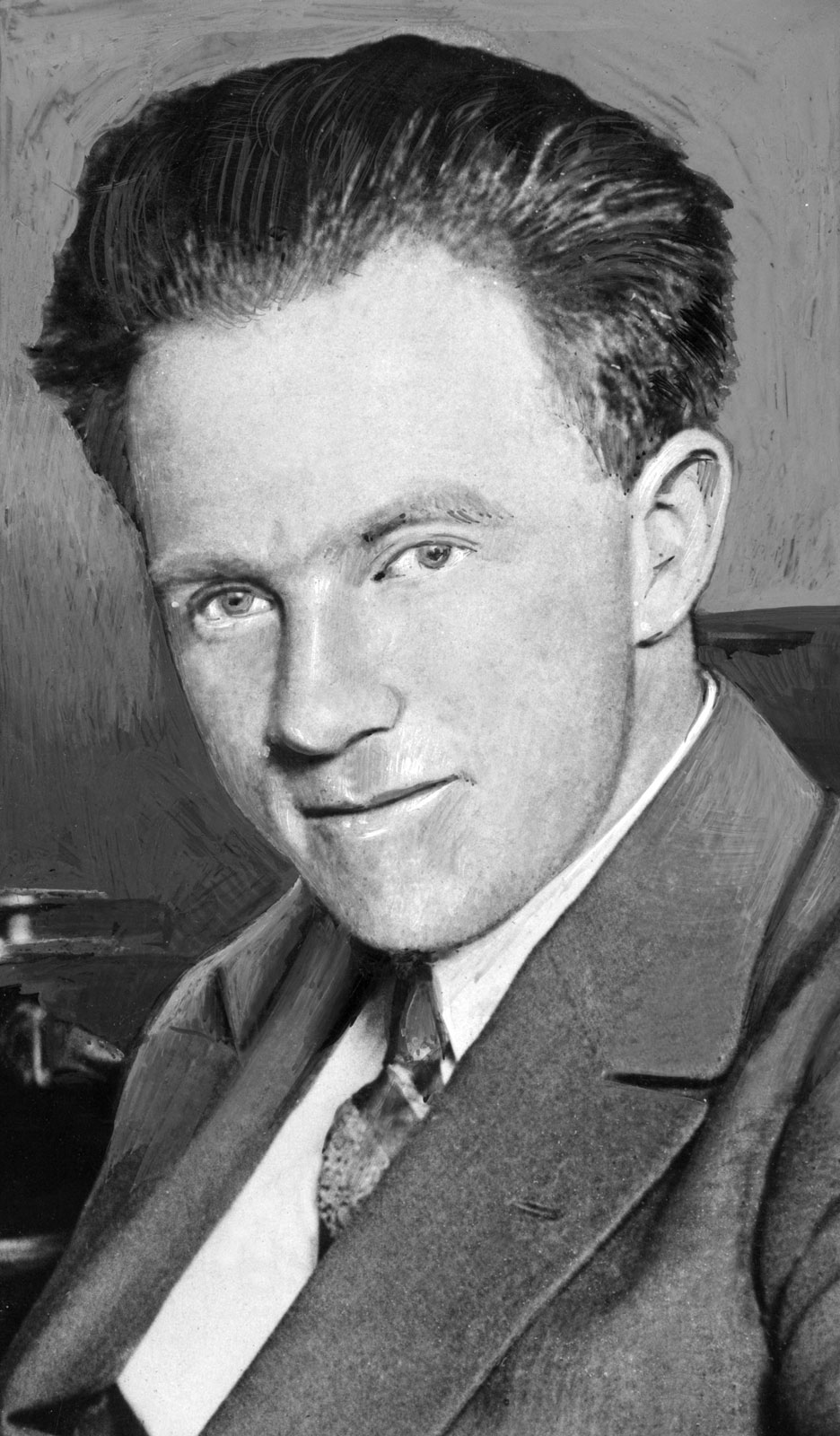In the realm of quantum physics, few names resonate as profoundly as Karl Heisenberg. His groundbreaking contributions to the field have not only shaped our understanding of atomic behavior but have also paved the way for modern physics as we know it today. Born on December 5, 1901, in Würzburg, Germany, Heisenberg's journey through science is a compelling narrative of intellect, curiosity, and discovery. This article delves into his life, key theories, and lasting impact on the scientific community.
As the architect of the Uncertainty Principle, Heisenberg challenged traditional notions of determinism in physics. His work has sparked debates and discussions that continue to influence various disciplines, from quantum mechanics to philosophy. This comprehensive exploration aims to shed light on the man behind the theories, providing insights into his personal life, career milestones, and the relevance of his work today.
Join us as we embark on this intellectual journey through the life of Karl Heisenberg, unraveling the complexities of his theories and their implications for both science and humanity. From his early education to his Nobel Prize-winning achievements, we will cover it all in detail.
Table of Contents
- Biography of Karl Heisenberg
- Early Life and Education
- Scientific Career and Achievements
- Understanding the Uncertainty Principle
- Impact on Modern Physics
- Awards and Recognition
- Personal Life
- Legacy and Conclusion
Biography of Karl Heisenberg
Karl Heisenberg was a renowned German physicist who made significant contributions to quantum mechanics. His work laid the foundation for modern physics and earned him the Nobel Prize in Physics in 1932. Heisenberg's theories have had a profound impact on our understanding of the atomic world, and his legacy continues to inspire scientists around the globe.
| Date of Birth | December 5, 1901 |
|---|---|
| Place of Birth | Würzburg, Germany |
| Nobel Prize | Physics, 1932 |
| Field | Physics, Quantum Mechanics |
| Date of Death | February 1, 1976 |
Early Life and Education
Heisenberg was born into a family that valued education and intellectual pursuits. His father was a secondary school teacher, which influenced Heisenberg's early interest in science. He attended the University of Munich, where he studied physics under the guidance of notable physicists such as Arnold Sommerfeld.
Key Milestones in Education
- Completed his doctorate in 1923.
- Studied under prominent physicists, including Max Planck.
- Engaged in early research that would lead to his groundbreaking theories.
Scientific Career and Achievements
Heisenberg's career took off after he completed his Ph.D. His early work focused on quantum theory and matrix mechanics, which ultimately led to the formulation of his famous Uncertainty Principle.
Major Contributions
- Developed the matrix formulation of quantum mechanics.
- Pioneered the Uncertainty Principle, which states that certain pairs of physical properties cannot be simultaneously known to arbitrary precision.
- Authored numerous papers and books that advanced the field of quantum physics.
Understanding the Uncertainty Principle
The Uncertainty Principle is perhaps Heisenberg's most famous contribution to physics. This principle posits that the more precisely the position of a particle is known, the less precisely its momentum can be known, and vice versa. This fundamental limit challenges the classical view of determinism.
Implications of the Uncertainty Principle
- Revolutionized the understanding of atomic behavior.
- Introduced concepts of probability and uncertainty in physics.
- Influenced philosophical discussions surrounding the nature of reality.
Impact on Modern Physics
Heisenberg's work laid the groundwork for many of the advancements in quantum mechanics that followed. His theories have been instrumental in fields ranging from chemistry to information technology, where quantum principles are applied in developing new technologies.
Applications of Heisenberg's Work
- Quantum computing relies on principles established by Heisenberg.
- Understanding of chemical reactions at the quantum level.
- Advancements in medical imaging technologies, such as MRI.
Awards and Recognition
Throughout his illustrious career, Heisenberg received numerous accolades for his contributions to science. The Nobel Prize in Physics in 1932 is just one of the many honors bestowed upon him.
Notable Awards
- Nobel Prize in Physics (1932)
- Max Planck Medal (1959)
- Member of several prestigious scientific societies worldwide.
Personal Life
Karl Heisenberg married Elisabeth Schumacher in 1929, and the couple had three children. Heisenberg was known for his love of music and philosophy, often integrating these interests into his scientific pursuits.
Key Personal Insights
- He was an avid pianist and enjoyed classical music.
- Engaged in discussions on the philosophical implications of quantum mechanics.
- Heisenberg's family life was a cornerstone of his personal happiness.
Legacy and Conclusion
Karl Heisenberg's legacy is one of profound influence on the scientific community and beyond. His contributions to quantum physics have reshaped our understanding of the universe and continue to inspire future generations of scientists.
In conclusion, Heisenberg's life and work exemplify the spirit of scientific inquiry and the quest for knowledge. We encourage readers to explore more about his theories and their applications, as well as to appreciate the intricate dance of particles that make up our world.
We invite you to leave your thoughts in the comments below, share this article with fellow science enthusiasts, or dive into other intriguing articles on our site. Thank you for joining us on this exploration of Karl Heisenberg!
You Might Also Like
Discovering Rhett And Link's Creative House: The Heart Of Online InnovationTexas Hold'em Amapiano: The Ultimate Guide To Winning Strategies And Techniques
Kyle Richards Net Worth: A Comprehensive Insight Into The Wealth Of The Reality TV Star
Karol G And Feid: A Deep Dive Into Their Musical Journey And Collaboration
Abby Berner Nudes
Article Recommendations


